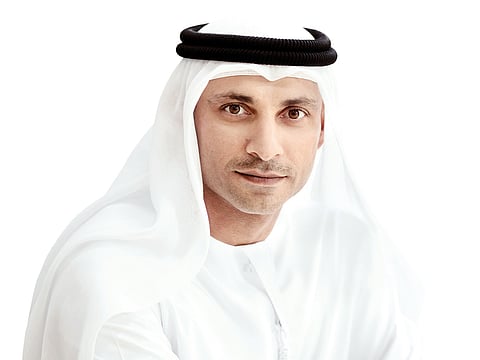Get ready to face the future
Students must be equipped with the skills that robots cannot master

Futurists say that there will be more change in the coming 20 years than there has been in the last 300. Automation and artificial intelligence are going to disrupt how we live, how we work and how we learn. Every industry will be affected.
Taking notice
The good news is that the future is not going to catch us by surprise. In fact, the future is already sending us messages, if we stop to take notice and listen. Automation and artificial intelligence have started to take over jobs that involve repetitive tasks, like cashiers, and accountants. In the
next 10 years, it will also change jobs that don’t involve repetitive tasks.
Basically, all jobs that can be done by robots will be done by robots. That includes doctors, lawyers, accountants, engineers and even computer scientists. That means that many of the jobs we are preparing our students for today will no longer exist. So if we’re teaching students skills that can be done by robots, all we’re doing is preparing them to be a robot. If we’re giving students tests that can be completed by robots, we’re preparing them to be a robot.
If we stop and take notice, we can see other types of change coming also. Recently, Ernst and Young, one of the ‘Big 4’ management consultancies, removed academic qualifications from their entry criteria for graduates. They’re not the only ones — PWC, Apple and Google are also saying that university degrees are no longer necessary. They’ve done this because they can see that the type of graduates our education systems are producing are not always the type of graduates they need. These companies are looking for something different. If these big companies are doing this, you can be pretty sure that the smaller ones will follow.
Doing
It’s easy to think about the uncertainties of the future and be overwhelmed. The good news is that we can each of us do something about it.
Everyone can play their part. A teacher in the classroom has huge impact. Teachers who listen to their students, who understand and care about their students, will help to give them the confidence they need in their later lives.
School and university leaders can have a big impact. When we teach our students about leadership, we tell them about the importance of taking risks. But when it comes to changing how we do education, some of us are reluctant to take risks ourselves. Very soon, the greatest risk will come not from making changes, but in staying the same.
And policy-makers can have an impact. We can listen to education leaders, to teachers, to parents and to students, we can bring them all together to talk about our strengths and the positive changes we can make together.
Being
Those are some things that we can do. These are important, but they are not as important as the things we can be. We are, after all, human beings, not human doings. Forward-looking companies like Ernst & Young, and Apple are looking for people who cannot be replaced by robots — people who have attributes that are distinctly human — attributes like empathy, like creativity, like positivity.
These attributes, you won’t be surprised to learn, are not developed by taking tests or memorising large swathes of information. They are developed by focusing on wellbeing. When we have a strong sense of wellbeing, we are able to better navigate the obstacles that life throws our way, we are able to live more harmoniously with ourselves, with others, and with the world around us. We do not consider wellbeing to be a ‘nice-to-have’ supplement to education, we consider it to be the very purpose of education itself, and our right as human beings.
The future is not only coming, the future is here. That’s not bad news, because we can all do something; we can all be something. We might not know exactly what the future holds, but we can all be pretty sure it’s going to be much happier than the Terminator
Sign up for the Daily Briefing
Get the latest news and updates straight to your inbox
![Sharjah to pilot UNESCO’s ECCE-PATT tool, highlighting its leadership in early learning systems. [Illustrative image]](http://media.assettype.com/gulfnews%2F2026-02-08%2F3mxn16n8%2Fchild.jpg?w=320&auto=format%2Ccompress&fit=max)

